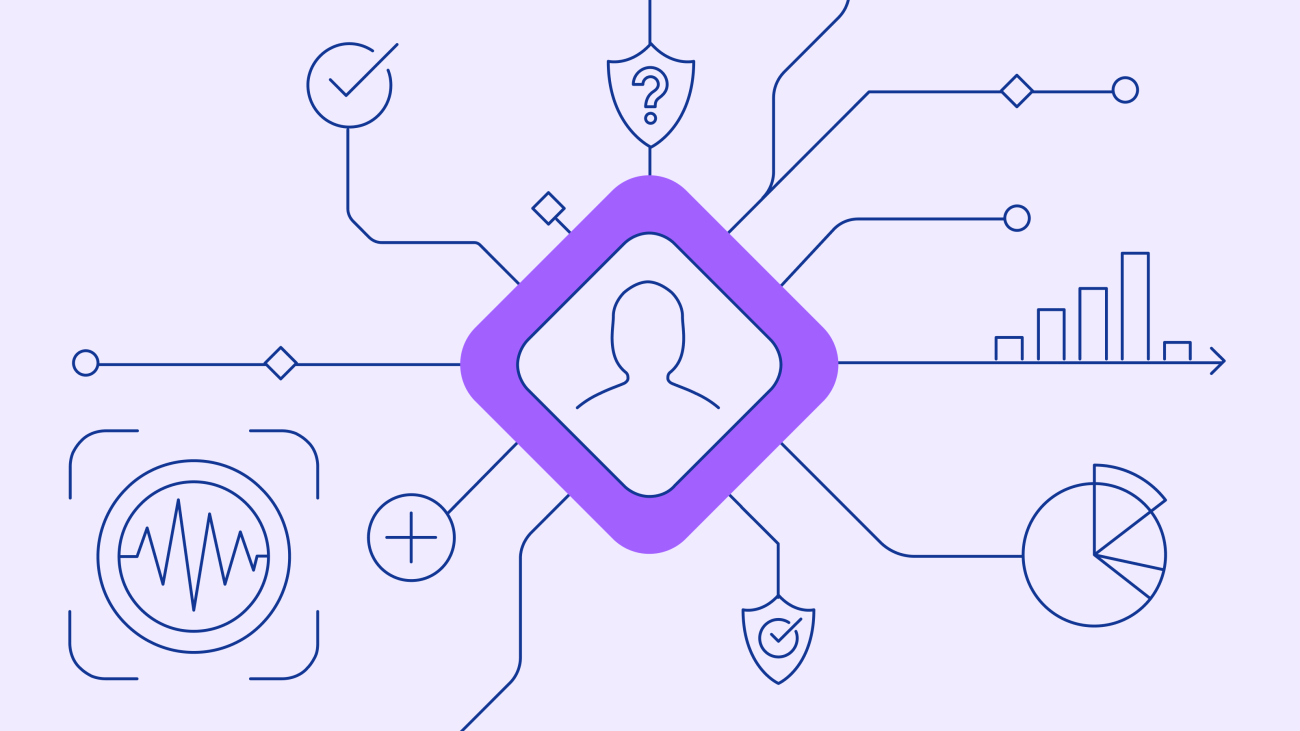Game-playing artificial intelligence (AI) systems have advanced to a new frontier.Read More
DeepMind’s latest research at NeurIPS 2022
NeurIPS is the world’s largest conference in artificial intelligence (AI) and machine learning (ML), and we’re proud to support the event as Diamond sponsors, helping foster the exchange of research advances in the AI and ML community. Teams from across DeepMind are presenting 47 papers, including 35 external collaborations in virtual panels and poster sessions.Read More
DeepMind’s latest research at NeurIPS 2022
NeurIPS is the world’s largest conference in artificial intelligence (AI) and machine learning (ML), and we’re proud to support the event as Diamond sponsors, helping foster the exchange of research advances in the AI and ML community. Teams from across DeepMind are presenting 47 papers, including 35 external collaborations in virtual panels and poster sessions.Read More
Building interactive agents in video game worlds
Most artificial intelligence (AI) researchers now believe that writing computer code which can capture the nuances of situated interactions is impossible. Alternatively, modern machine learning (ML) researchers have focused on learning about these types of interactions from data. To explore these learning-based approaches and quickly build agents that can make sense of human instructions and safely perform actions in open-ended conditions, we created a research framework within a video game environment.Today, we’re publishing a paper [INSERT LINK] and collection of videos, showing our early steps in building video game AIs that can understand fuzzy human concepts – and therefore, can begin to interact with people on their own terms.Read More
Building interactive agents in video game worlds
Most artificial intelligence (AI) researchers now believe that writing computer code which can capture the nuances of situated interactions is impossible. Alternatively, modern machine learning (ML) researchers have focused on learning about these types of interactions from data. To explore these learning-based approaches and quickly build agents that can make sense of human instructions and safely perform actions in open-ended conditions, we created a research framework within a video game environment.Today, we’re publishing a paper [INSERT LINK] and collection of videos, showing our early steps in building video game AIs that can understand fuzzy human concepts – and therefore, can begin to interact with people on their own terms.Read More
Benchmarking the next generation of never-ending learners
Our new paper, NEVIS’22: A Stream of 100 Tasks Sampled From 30 Years of Computer Vision Research, proposes a playground to study the question of efficient knowledge transfer in a controlled and reproducible setting. The Never-Ending Visual classification Stream (NEVIS’22) is a benchmark stream in addition to an evaluation protocol, a set of initial baselines, and an open-source codebase. This package provides an opportunity for researchers to explore how models can continually build on their knowledge to learn future tasks more efficiently.Read More
Benchmarking the next generation of never-ending learners
Learning how to build upon knowledge by tapping 30 years of computer vision researchRead More
Best practices for data enrichment
At DeepMind, our goal is to make sure everything we do meets the highest standards of safety and ethics, in line with our Operating Principles. One of the most important places this starts with is how we collect our data. In the past 12 months, we’ve collaborated with Partnership on AI (PAI) to carefully consider these challenges, and have co-developed standardised best practices and processes for responsible human data collection.Read More
Best practices for data enrichment
Building a responsible approach to data collection with the Partnership on AI…Read More
The pursuit of AI education – past, present, and future
Meet Sylvia Christie, our education partnerships manager who’s played a leading role in expanding our scholarship programme, which is marking its five-year anniversary.Read More




